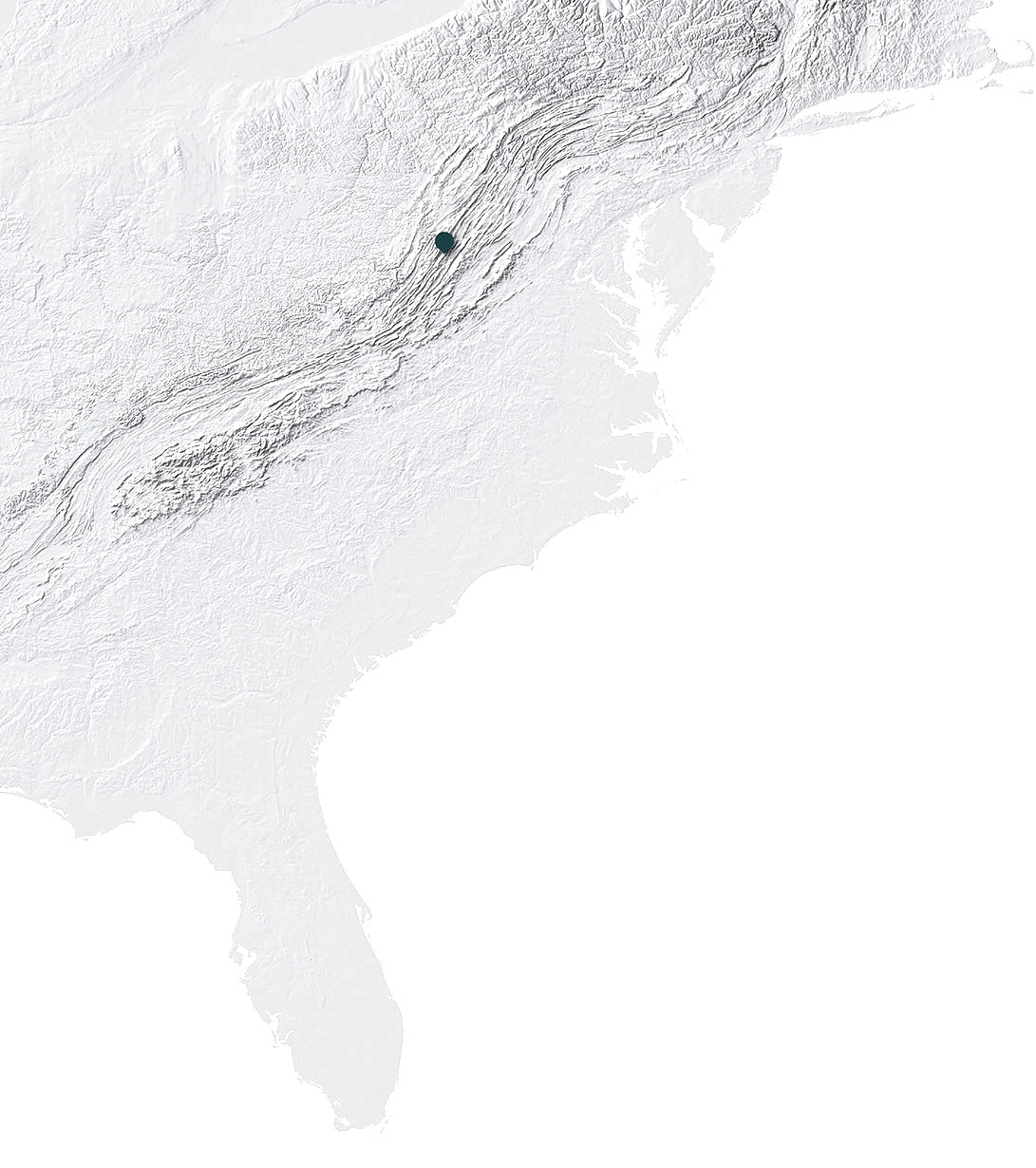A COMMUNITY REVITALIZED
Bramwell, WV

TThe coal business boomed for the small town of Bramwell, located along the Bluestone River in southern West Virginia. Coal served as the basis for its economy. Mining it was an integral part of people’s lives and their relationship to the land.
“Coal was king,” recounts Louise Stoker, mayor of Bramwell. “It was king here in southern West Virginia. It built us, it built the town of Bramwell. It built so many communities.”
America’s late 19th century drove those seeking wealth to open the first coal mine in southern West Virginia, which shipped out coal in November of 1884. Three years later, three additional mines added to the loads of coal moving by rail to the mills and factories whose operations depended on it. In 1888, Bramwell was formerly incorporated.
The newly-incorporated town quickly rose to become the business capital of the coalfields in southern West Virginia. Bramwell prospered, as did the coal industry. By the turn of the century, Bramwell was home to at least 13 millionaires, which was the largest number of millionaires per capita of any town in the United States at the time. By 1900, the population numbered approximately 8,000.
“In June of 1910, everything changed,” Stoker said. A fire destroyed most of the businesses in town, leaving only the mines as a source of income for the residents of Bramwell. With no other business, Bramwell became more of a bedroom community than a center for commerce. Businesses moved away to nearby Bluefield, W.Va., and though the coal mines were still lucrative, people had less of a reason to come into town.
As petroleum supplanted coal as America’s principle energy source, demand for work in the mines dried up. By 1959, only 170,000 mine jobs remained nationwide, down from 640,000 jobs at its peak in 1919. Like other towns in Appalachia, Bramwell’s economy steadily collapsed.
This downward trend continued until recently, when only 364 residents remained. Today, five families remained rooted in Bramwell spanning back to the early booming days. Stoker’s family is one of them.
“I was born here, in this town, and I chose always to live here,” explained Stoker. “It’s the one place I wanted to stay.”
Stoker’s daughter, Dana Cochran, also lives in town with her daughter, who marks the fifth generation of women in their family to call Bramwell home.
“That makes us especially drawn to this place,” Cochran said. “There’s a real connection because I know my daughter’s here, I’m here, my mother is here, my grandmother was here, and my great-grandmother was here. There really isn’t anything like that sort of generational connection to a place.”
Though some feel the pull of past generations, the population remains relatively stagnant. Cochran cites another recent event for the further dissolution of the Bramwell community.
“There was a whole movement in West Virginia to consolidate schools,” Cochran said. “Bramwell was, unfortunately, one of those schools.”
Bramwell High School, home of the Millionaires, closed in June of 2004. This began a series of other closures that eventually left Bramwell without schools.
“It took away a big part of the heart of this community,” Cochran said.
With few businesses and no schools to attract new families, little remained in the area for the next generation.
At 20 years old, Seth Lowe serves on the town’s volunteer fire department and lives in the house where he grew up. “Most people my age feel that there isn’t hardly any jobs around here and that’s just how it is, so they’re just going to have to move away,” Lowe said.
Another volunteer firefighter, 20-year old Bobby Perdue, finds it difficult to stay.
“When I get that opportunity, I’m going to take my fire fighting to a different place. Somewhere big, somewhere not as old as Bramwell. But, I like Bramwell, so I’ll stay here a little bit longer,” said Perdue.
Lowe plans on remaining in town, like his father and grandfather before him. “I already know it’s going to be hard, and I’m ok with that.”
In the past four years, a new economy has begun to revitalize the historic town— tourism. The off-road trails draw all-terrain vehicles and dirt bike riders to Bramwell, and created new opportunities for business. With this new found cash flow into the economy and new blood into the community, the Hatfield McCoy ATV Riding Trails have kept Bramwell from falling off the map like many other former coal boomtowns.
“Everyone thought a monster was coming,” Edwin Vanover, Bramwell Chief of Police said describing the community’s initial reaction to the Hatfield McCoy company taking over the trails. “You know, that we’re going to have 10,000 ATVs running up and down the street. People, I think, have really accepted it now.”
The transition from coal to tourism was met with mixed reactions, but it is evident that tourism is the new economic king in Bramwell. “I mean coal’s dead right now,” said Vanover. “ATVs are probably the future of Mercer County.”
As the trails grow in popularity each year, the millionaire spirit of Bramwell looks to prosper again.